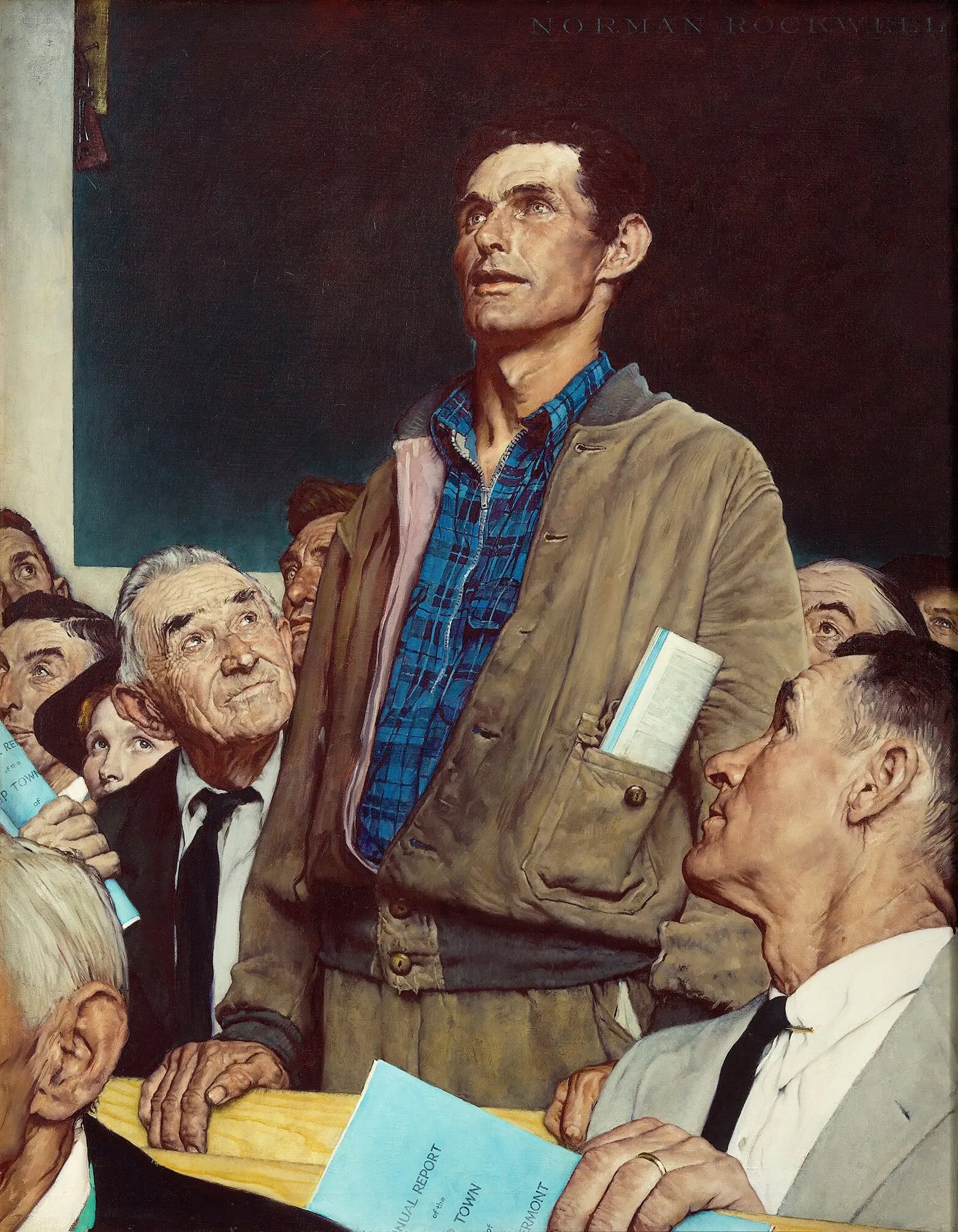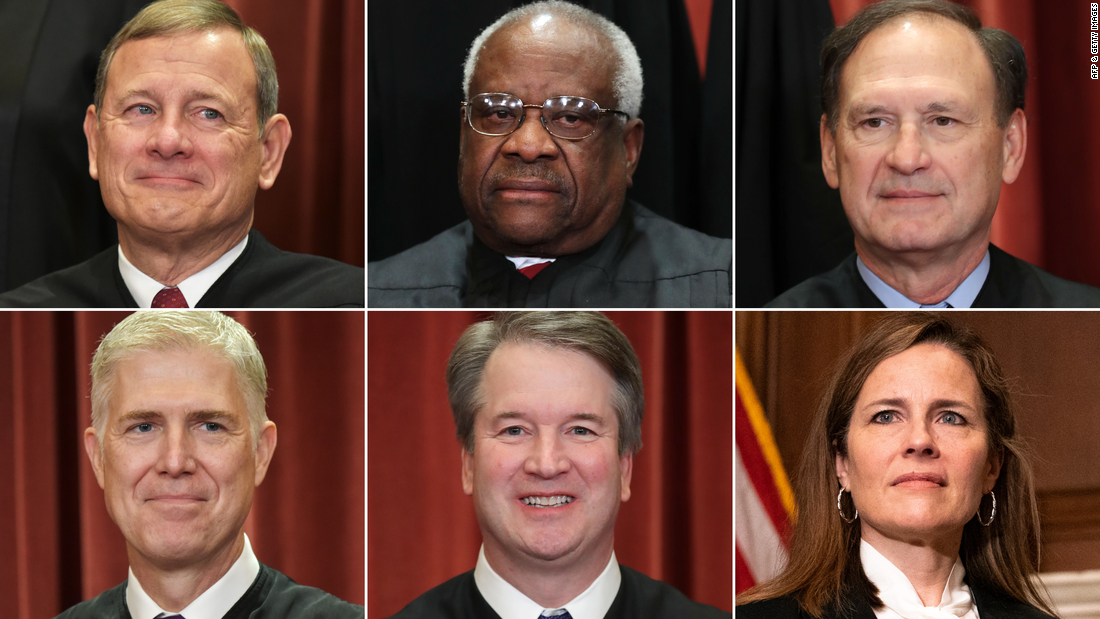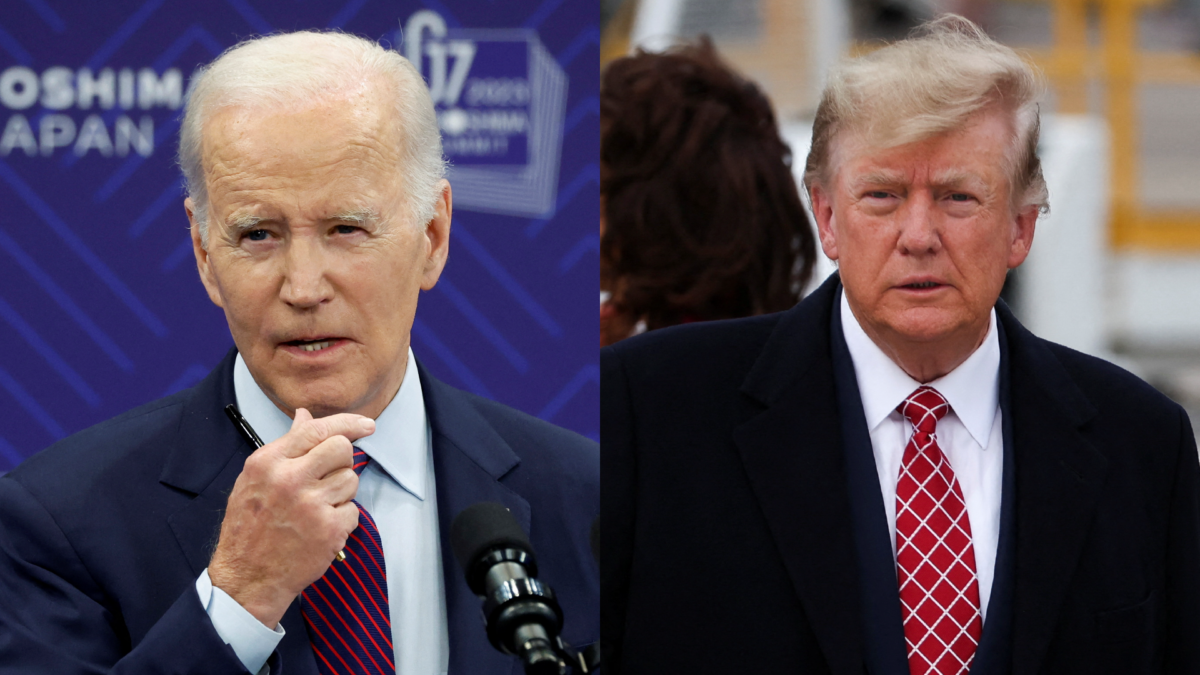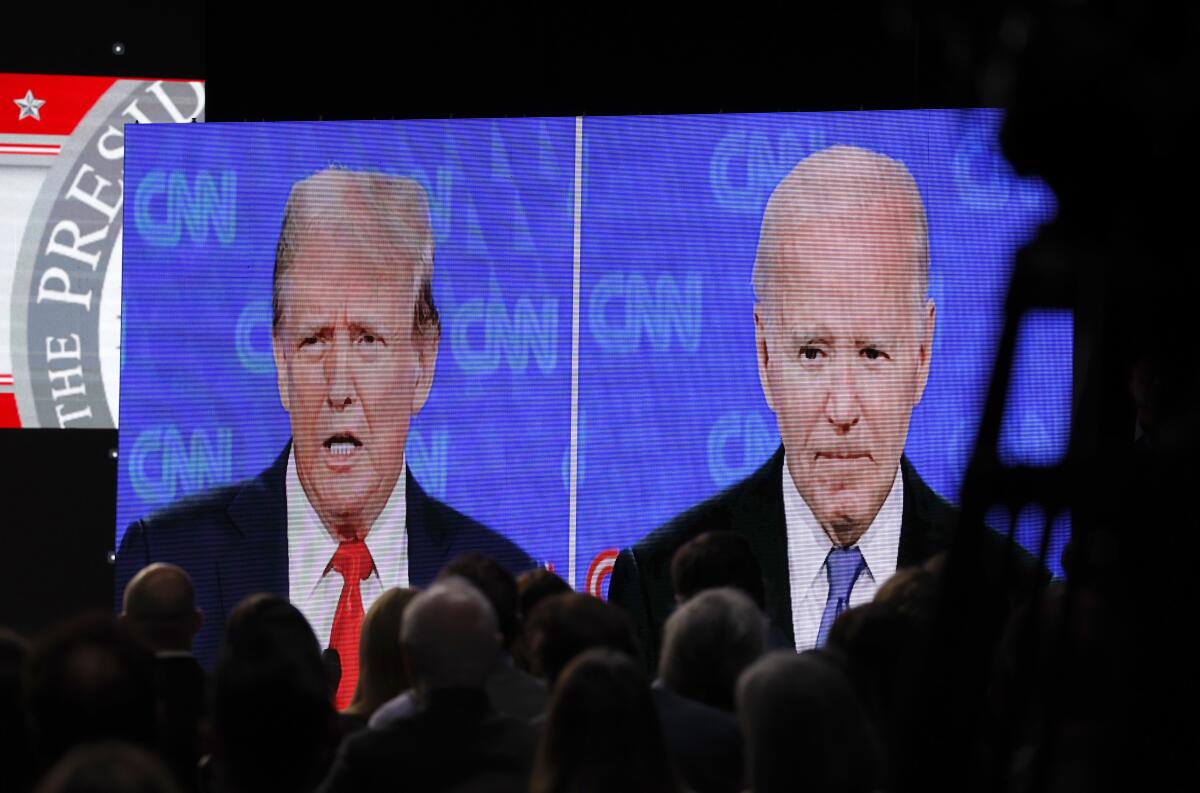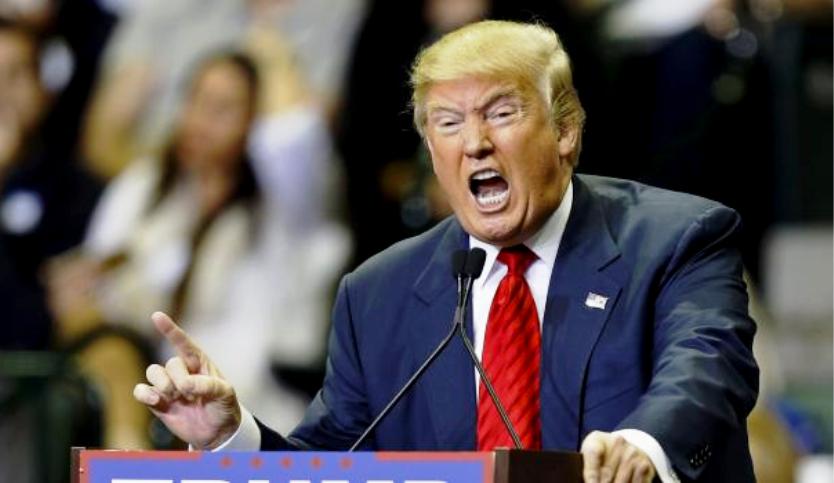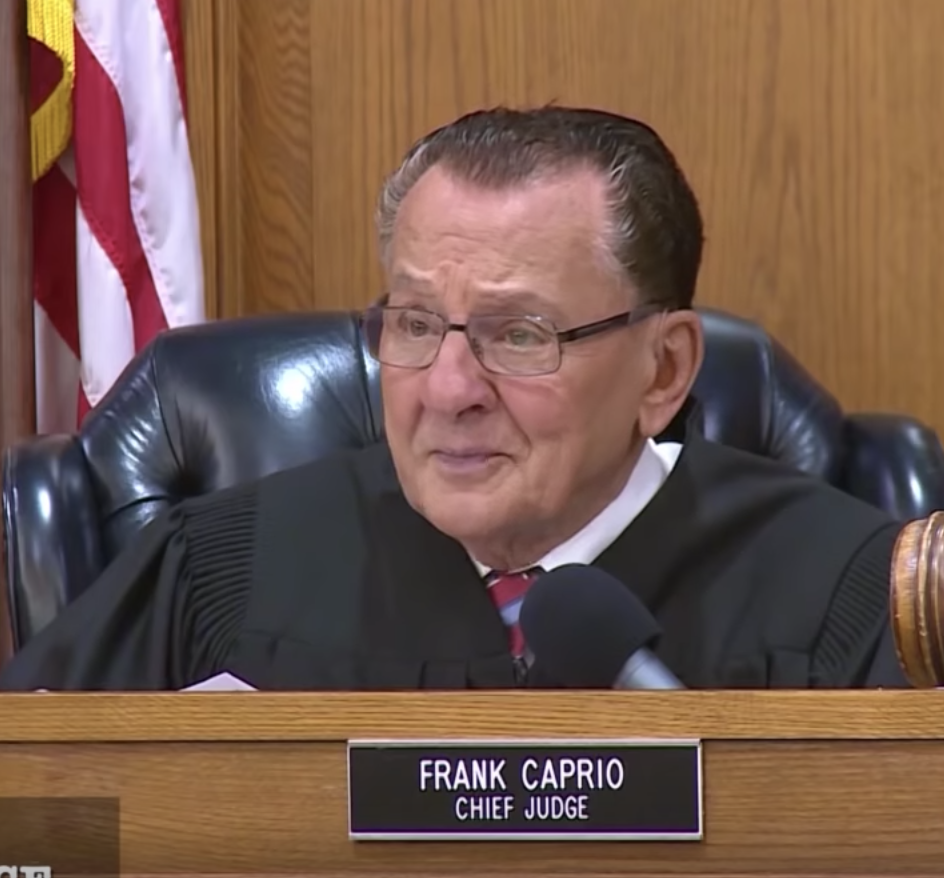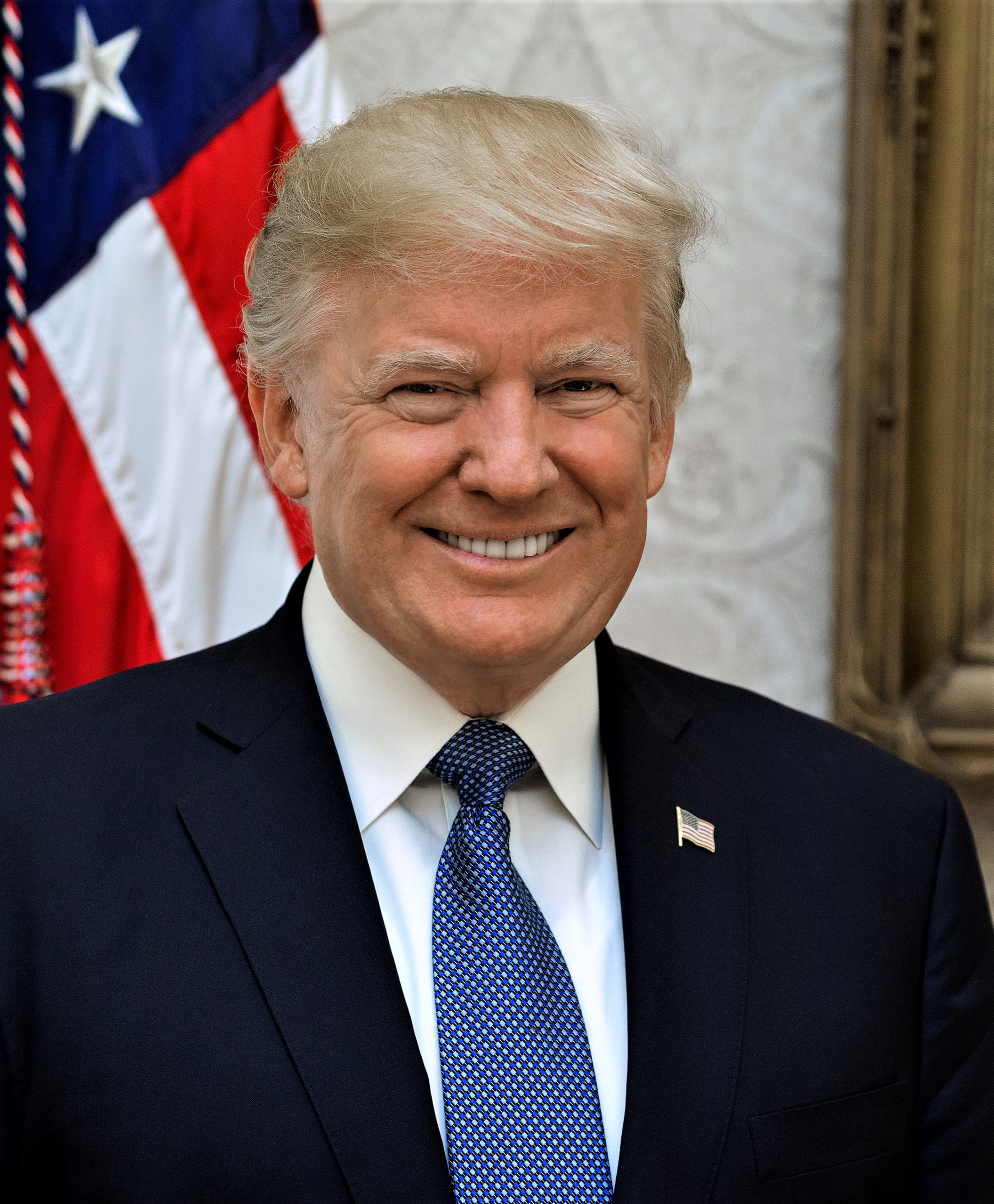“It’s good to be the King!” – Mel Brooks, “History of the World Part I”
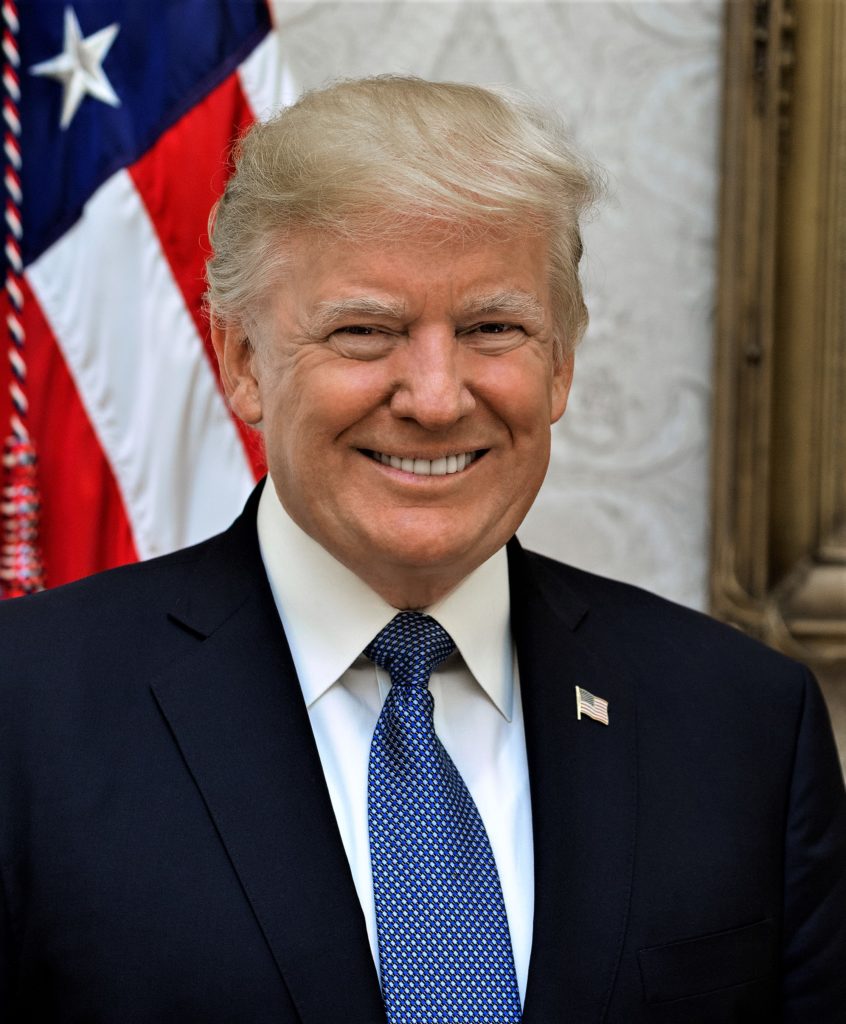
Official portrait of President Donald J. Trump, Friday, October 6, 2017. (Official White House photo by Shealah Craighead)
It’s fifty days before the inauguration of President-elect Joe Biden.
While the Covid-19 virus remains the top priority for both the incoming president and Congress, there are steps that both can take to begin to restore trust in government, protect the interests of Americans, and prevent future presidents from abusing their power.
- Anyone who officially announces they’re candidacy for president must publicly release 10 years of tax statements within 30 days.
- Anyone elected to the presidency must put their personal assets into an irrevocable blind trust that will be managed by an independent individual or organization. Before inauguration, the President-elect must disclose all financial dealings including income, stocks, and positions on the boards of corporations or other entities. They must divest themselves of all holdings, personal connections with any clients they have had contact with that may seek preferential treatment from government, and require that all administration aides recuse themselves from decision-making if a conflict of interest is present.
- Upon taking office, the president must appoint an ethical ombudsman to oversee decisions that may created a conflict of interest.
- A sitting president cannot pardon him or herself, or any person connected to them who is under investigation or has committed a crime. Individuals can be pardoned only after an objective evaluation of the case without any ties to the president.
- As cabinet members are approved by the Senate, a sitting president cannot summarily fire a cabinet member without notification and support from the Senate. Any temporary substitute must be replaced within 30 days of assuming the position pending approval of the Senate.
- All federal office holders are banned from contacting any state’s elected officials one year prior to the voting process and then only after the states have certified the winner in an election.
- Any acts of intimidation, threats, or coercion – written or spoken, direct or implied – by any federal official directed at another federal or state official or government department, will be subject to investigation by a special counsel in the Department of Justice. If it is determined that any pressure was brought to bear on any individual, department or other entity, it will be considered a federal crime. (Obviously, legal definitions need to be developed.)
- Any preemptive military strike against any country or foreign adversary must be approved by a special closed-door Senate hearing.
Of course, all of this is absent formal legal language, but you get the idea.
During the last four years, journalists have been under fire for a lack of responsibility and fairness, leading to a shortage of credibility. There is much truth to this. Considering their impact on the public, it’s important for journalists to reacquaint themselves with some of the ethical points related to their job.
“Journalism is a form of public trust,” ethicist Michael Josephson writes, “requiring the unselfish pursuit of three public service functions: teacher – informing us of the things we ought to know to make us better citizens and persons; conscience – confronting us with opinions and facts which challenge us to live up to our values and beliefs; and watchdog – uncovering and exposing corruption, mismanagement, waste, hypocrisy and other form of impropriety which threaten public interests.
“Journalists must inspire credibility – faith and confidence in the honesty, accuracy and fairness of the information they convey.”
There are three things journalists can do to help restore the public’s trust.
- All opinions, views, and judgments broadcast or written, should be clearly labeled, and if broadcast, that labeling should remain on the screen throughout the commentary.
- Journalists have a responsibility to ensure that their reporting is accurate. When inaccurate, they have a duty to correct the record as soon as possible.
- As a matter of respect for any outgoing president and the media’s responsibility to the public, journalists should reduce their coverage of President Trump beginning today. After January 20, they should consider eliminating all coverage of the former president. No editorials. No criticisms. No reports on his social media accounts. With the exception of news that may be important to the public such as criminal matters, journalists should avoid reporting any statements or actions after he leaves the White House.
Covid-19 – the once in a hundred-year deadly virus and its ramifications and potential cures – is serious enough to require serious attention as are other newsworthy issues. Journalists have a duty to report the news fairly without fear, favor, prejudice or pandering. Let’s keep that in mind moving forward.
While many of my points may be difficult to implement, government officials, candidates for office and journalists should always aspire to be their best. That’s what Americans want; that’s what they need; that’s how we begin to regain trust.
Comments


